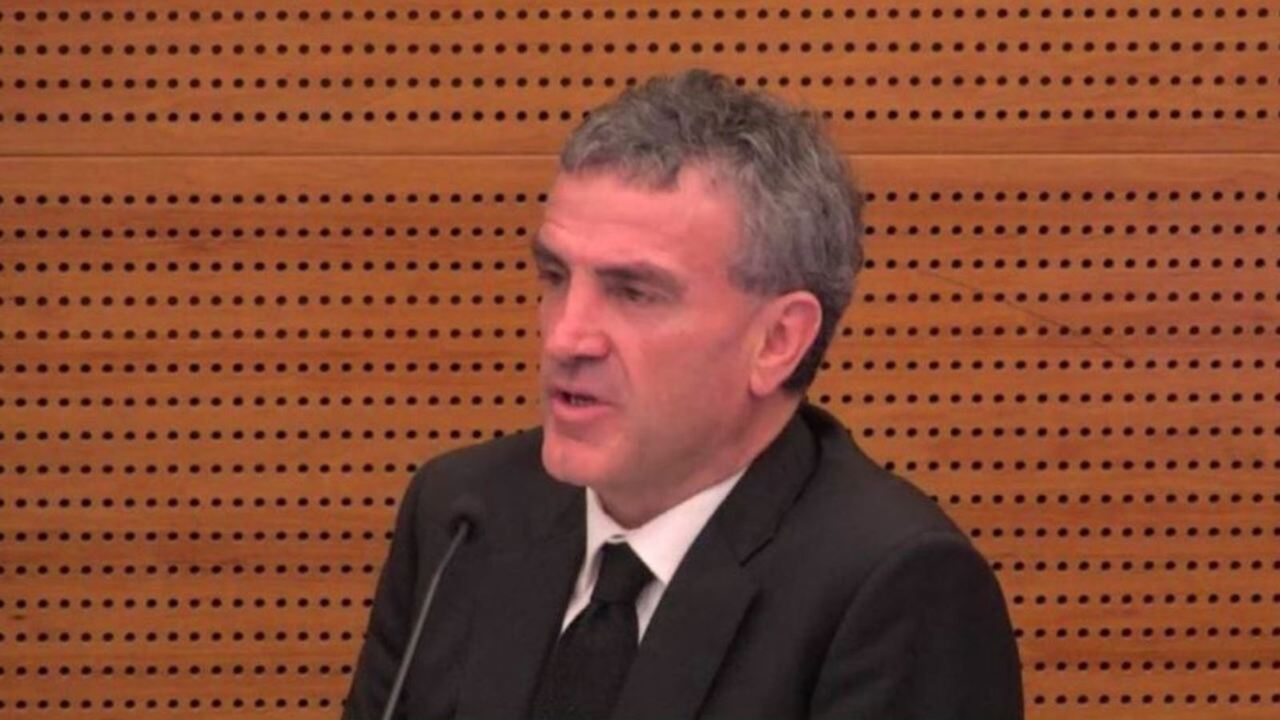Banking royal commission: We don’t ban enough dodgy advisers, says ASIC
The corporate watchdog has acknowledged it doesn’t ban enough dodgy planners from the finance industry.

The corporate watchdog has admitted it does not ban enough dodgy financial planners from the scandal-ridden industry.
Australian Securities and Investments Commission senior executive Louise Macauley, who is responsible for overseeing discipline of financial advisers, told the banking royal commission the regulator was doing as much as it could given its resources.
Penalties available to ASIC were also not adequate, she said.
Last week, amid public outcry over revelations aired in the commission, the government announced it would accept most of the recommendations of a review of ASIC’s powers and penalties that found they should be beefed up.
Giving evidence this morning, Ms Macaulay also admitted ASIC took too long — about two years — to ban dodgy advisers, had never attempted to fine advisers for their misconduct and had only ever taken away one firm’s license for breaching its obligation to report breaches to ASIC or breaching its general obligation to provide advice honestly, efficiently and fairly.
Over the past fortnight, the commission been examining financial planning conduct including the CBA charging fees for services that were never delivered, AMP doing the same and then misleading ASIC about it 20 times, a financial planner who referred his clients to a property advice company he secretly owned and one who stole hundreds of thousands of dollars from his clients.
It has taken only one criminal action against a licensee over the past decade, the commission heard.
Ms Macaulay told the commission investigations of adviser misconduct were resource intensive and often heavily contested by the planner targeted.
She agreed with commissioner Kenneth Hayne when he said, based on his experience as a judge applying the criminal law, that “there would be cases where the poverty of the advice would be self evident”.
“They’re the jaw-drop tests — the advice given simply couldn’t have been thought through,” Mr Hayne said.
“Does it remain a resource intensive process even in those cases?”
Ms Macaulay responded that “we find even in the jaw dropping cases, commissioner, defences are put on, material is put on that was not in the file … to explain why the advice was good advice.”
Mr Hayne said he was anxious to understand whether he should understand this as “a blanket problem or as a problem where there is a range of possible cases”.
“Can I just leap ahead about five steps to indicate what’s troubling me — it’s the notion of the regulator taking steps overtly to demonstrate that bad conduct will be called out and dealt with,” he said.
“Again, to hark back to the radically different field of discourse of the criminal law, it’s the notion of public denunciation.”
“Does that sort of idea, a public message, play a part,” he asked.
“It doesn’t at the moment, there are constraints about what we can publicly say about bannings,” Ms Macaulay said.
She said the process of investigating breaches and holding a hearing before a delegate to decide whether to ban the adviser was private — as was the actual decision made by the delegate.
However, ASIC always put out a press release about delegate decisions with a “brief explanation” of the misconduct involved, she said.
“Those constraints apply as a result of procedural fairness,” she said.
The only finance advice shop to have its license yanked by ASIC is Morrison Carr, which was revoked in August 2012 after becoming concerned the company’s principal, Dennis Cardakaris, was “not of good fame and character given evidence he provided false information to its insurer and took steps to avoid client claims”.
“In terms of seeking to remove the license we have found that is a difficult process,” Ms Macaulay said.
“I think in a couple of other occasions we have succeeded in having short suspensions imposed.”













To join the conversation, please log in. Don't have an account? Register
Join the conversation, you are commenting as Logout